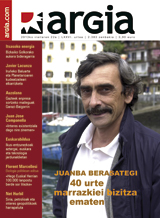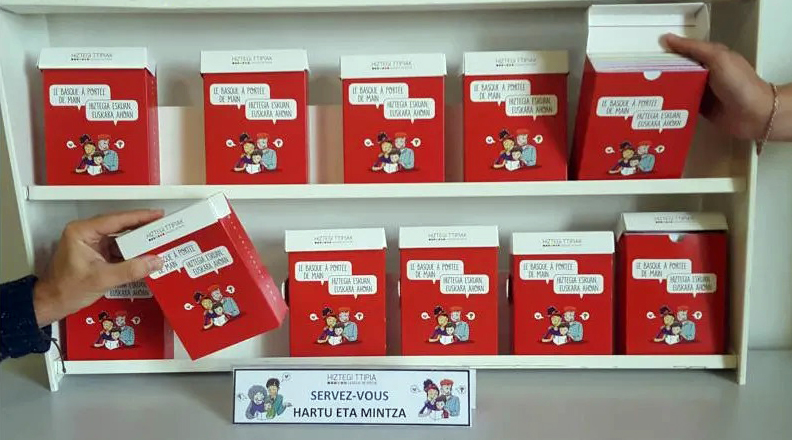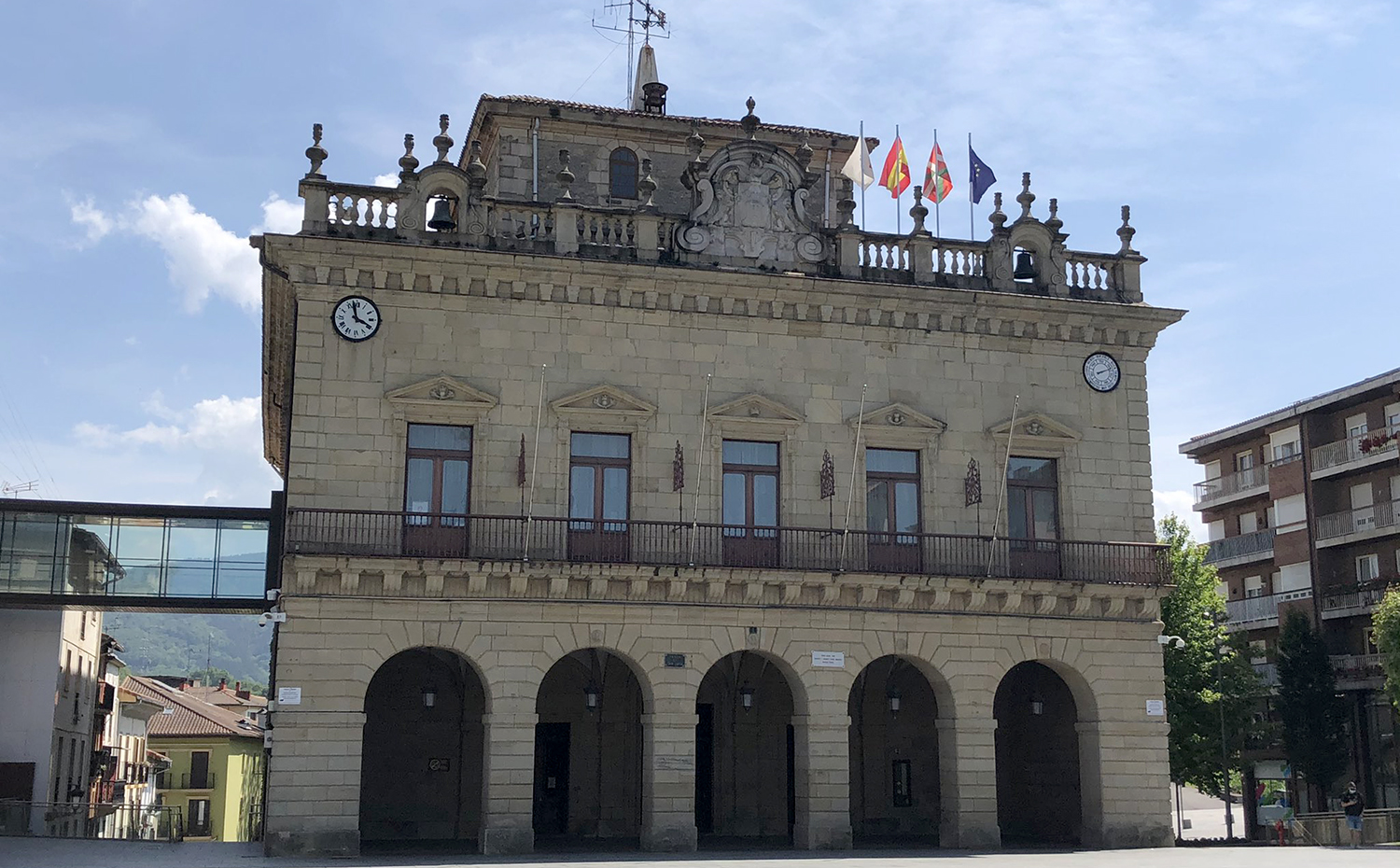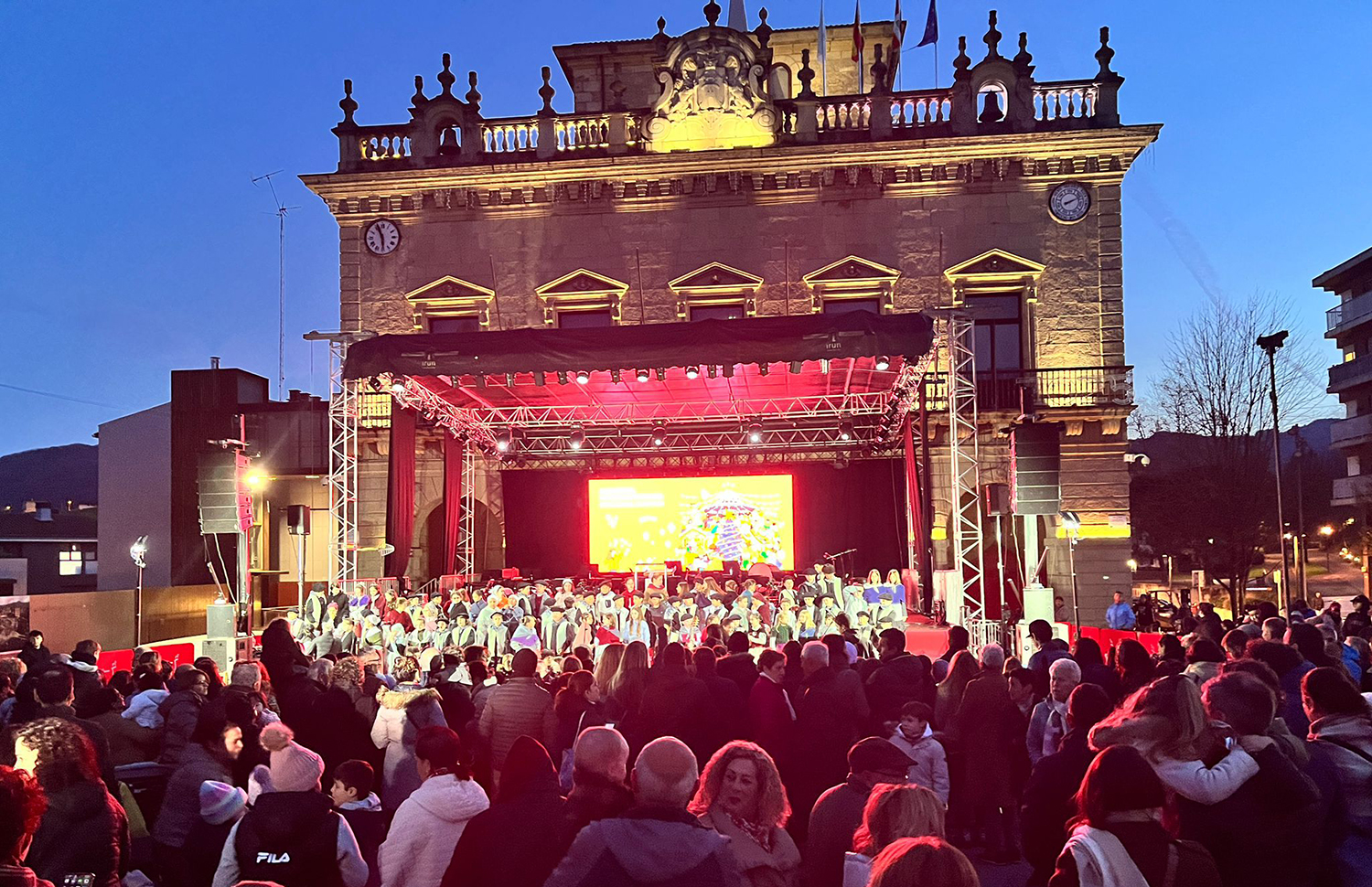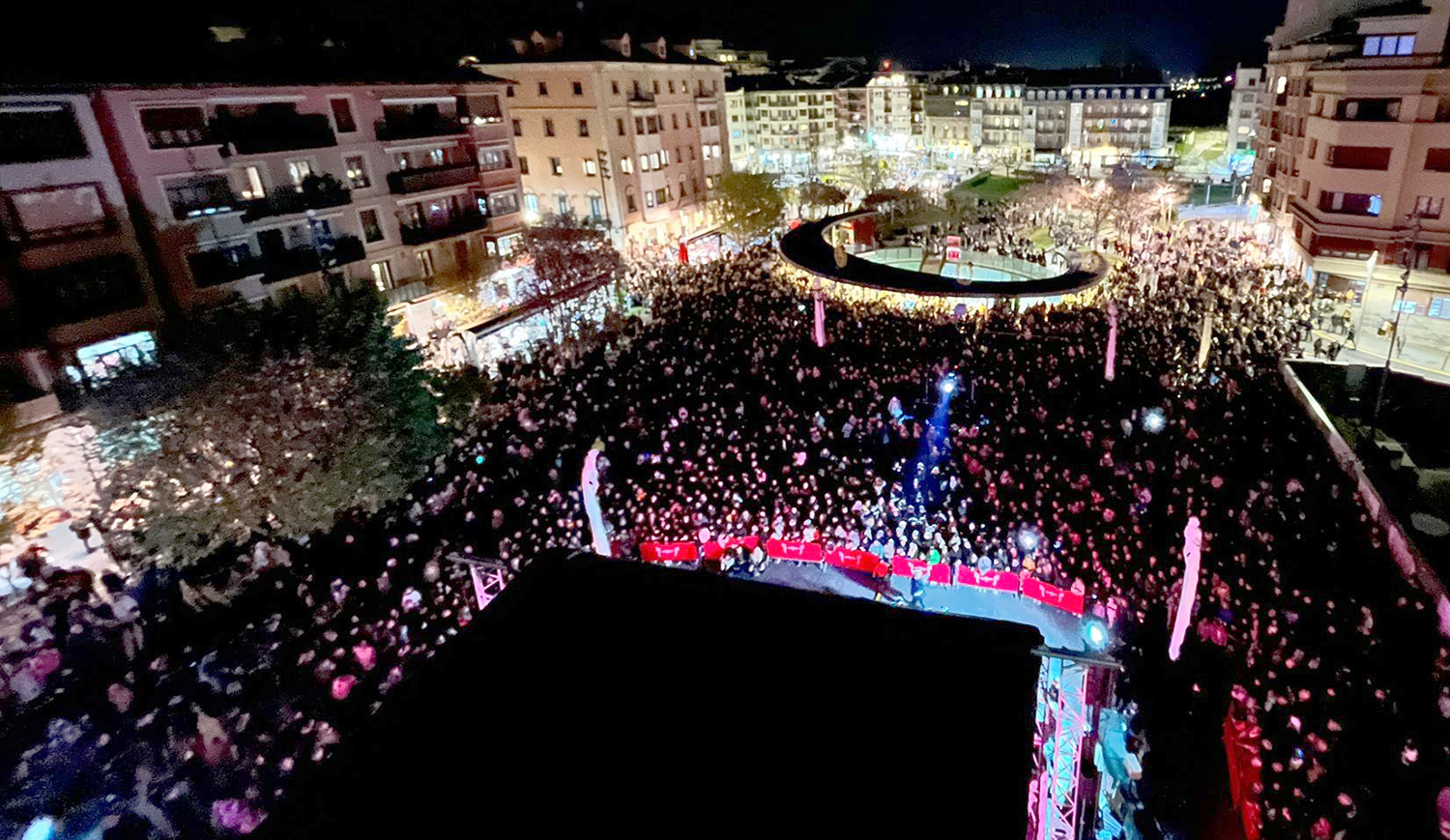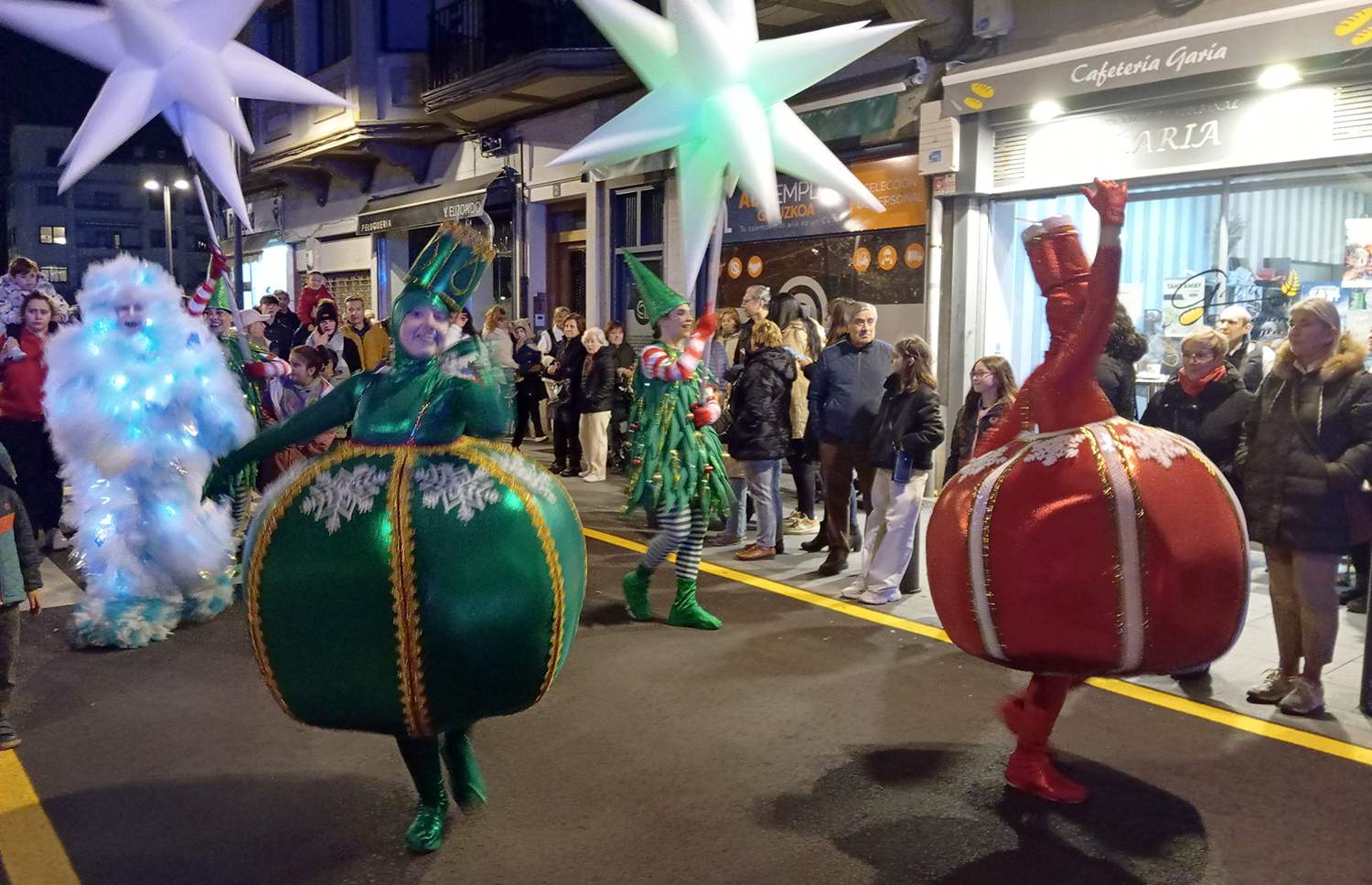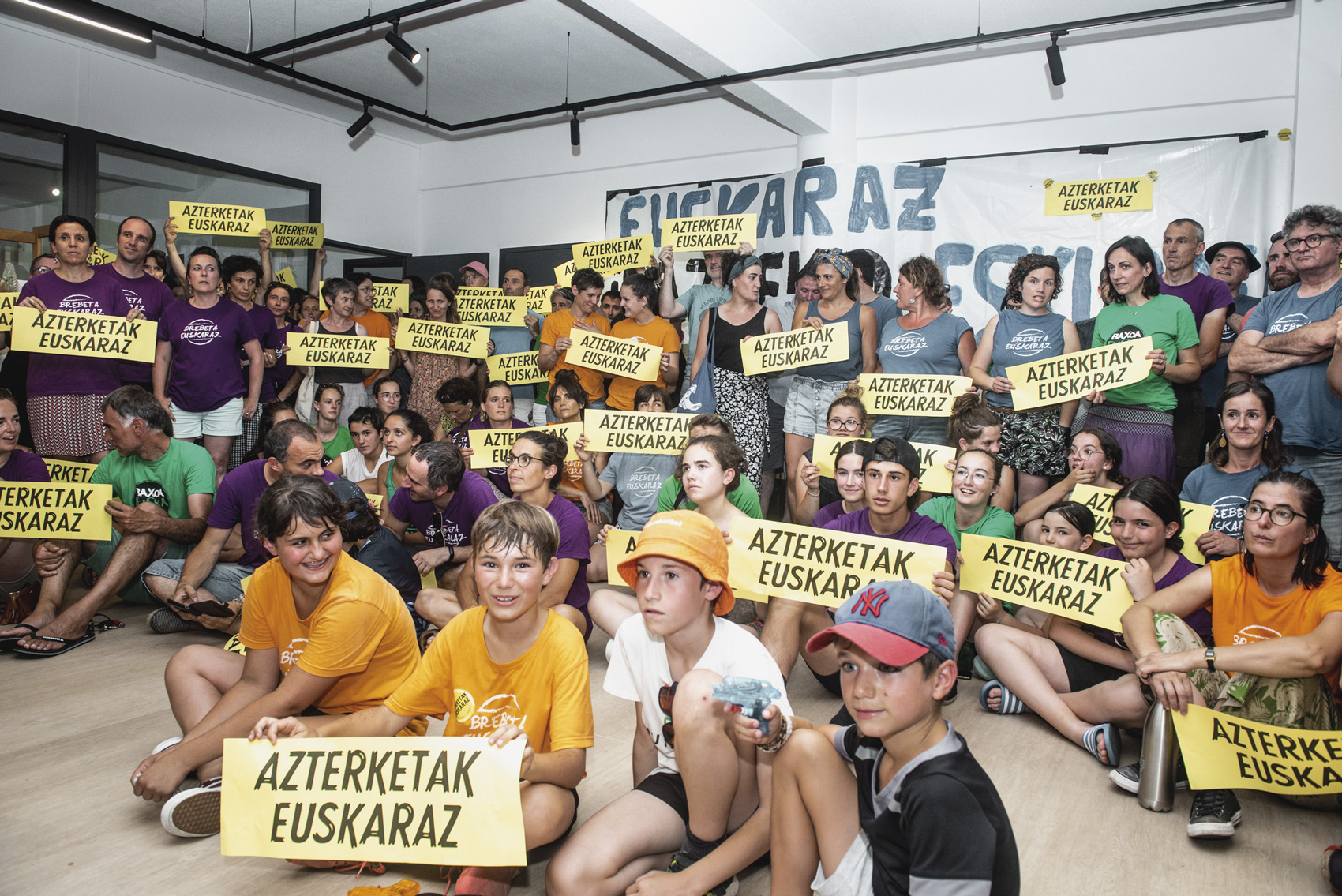Politicians and Euskera
Just over a month ago, the Berria newspaper published a report on the use of Euskera in the Basque Parliament. The main conclusion was that 77% of Parliament’s speeches were in Spanish and parliamentarians in Spanish. EH Bildu is the force most used by the Basque Country, pp, PSE-EE and UPD almost never, and PNV hardly. The situation in the Navarre Parliament is even more dramatic. In an article I wrote about twenty-five years ago for a German magazine, I said that the gay movement was taken into account in a very curious way: more patriots and more left, more so. We could say something similar to the use of Euskera by politicians: the more Basque and the more left, the more Basque.
With the breakdown in society, it seems logical that there should also be a breakdown among politicians. But things aren't that easy. We should look at why we live in an endless divide. There are many reasons, but to sum up and simplify, let us say that the main reason is that for centuries the options of the powerful have been the Castilian ones. The word “powerful” does not always mean rich or with a position, but anyone who can be a reference: actors, singers, writers, athletes... In this context, politicians, of course, have an enormous responsibility.
It is said that Federico Krutwig proposed to Txillardegi to walk on Sundays through the Basque villages dressed in Frac and in Basque, so that the humble people, seeing that the powerful spoke in Basque, would give much importance to the Basque people and would lose the shame of speaking in Basque. Leaving aside the frac, I think the basis of the message remains valid today.
Statistics, everyone has a role, don't think anyone is exempt. As an example we have Otegi's book The Time of Lights. There was a kalapita because the Spanish edition was published earlier than in Euskera. The most serious thing, however, was not that, but what it suggested, to somehow justify the explanations offered by the director of Gara Iñaki Soto: “The accuracy of Arnaldo in Spanish is evident that he does not have in Euskera.” How can anyone who's abertzale say that and stay quiet? While Baztarrika says “a little is a lot”, it is necessary for someone who considers Euskaldun to elaborate their own language, as it is not acceptable for a rally to speak as if he were in poteo with his friends, or for the documents to be written first in Spanish and then translated by another person.
Gabonetako argiak pizteko ekitaldia espainolez egin izanak, Irungo euskaldunak haserretzeaz harago, Aski Da! mugimendua abiatu zuen: herriko 40 elkarteren indarrak batuta, Irungo udal gobernuarekin bildu dira orain, alkatea eta Euskara zinegotzia tarteko, herriko eragileak... [+]









